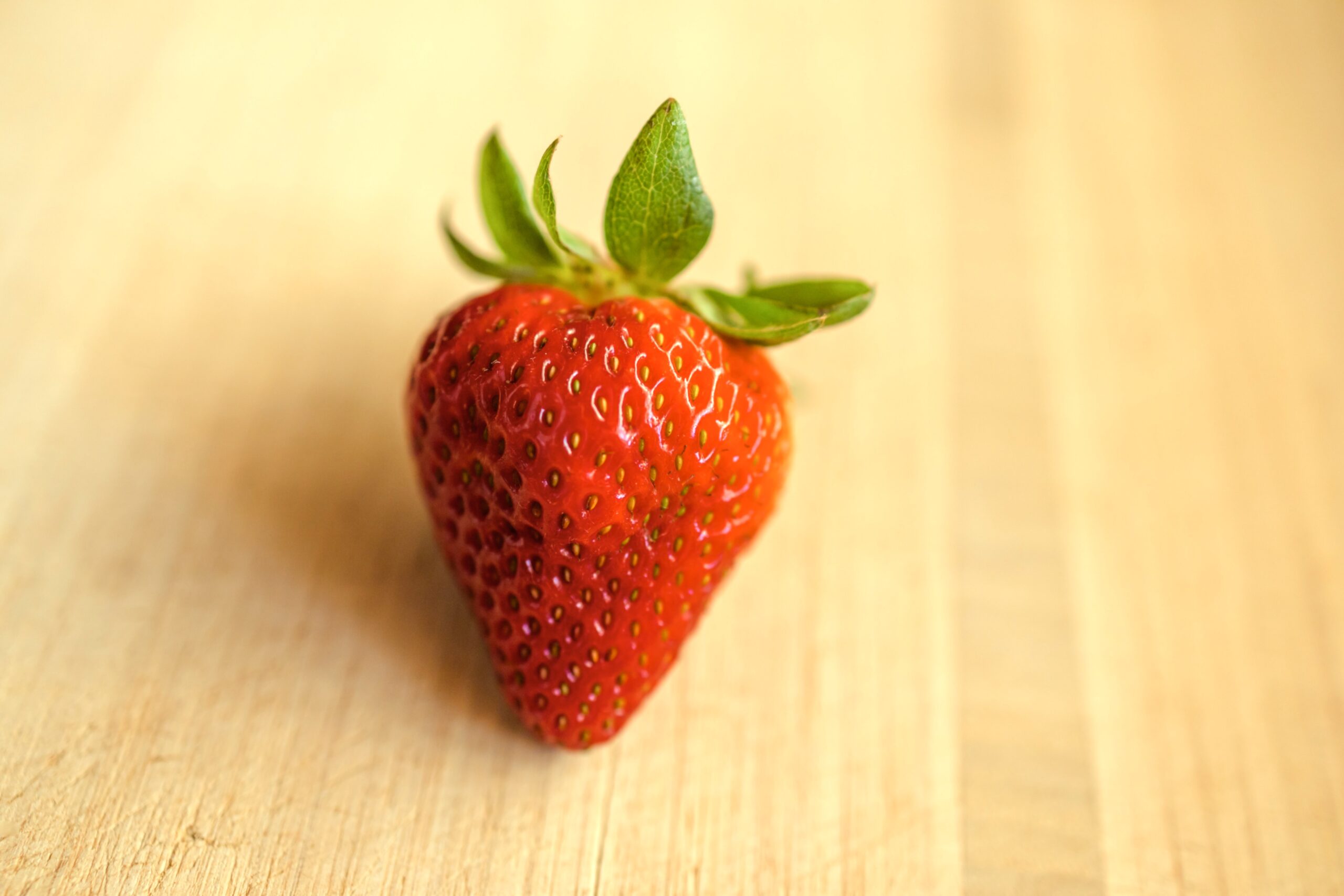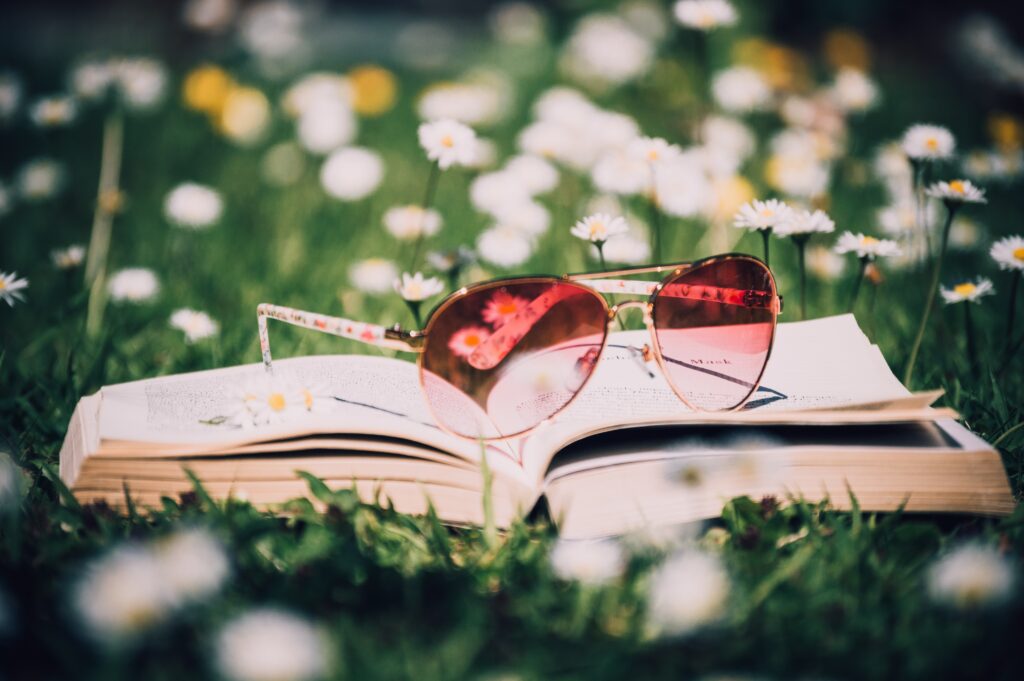
Talking toast, taking care, tiny wonderful things: RELATING
toast
One of my dad’s favorite stories to tell about me as a little kid is that I regularly talked to my toast. I’d be sitting at the kitchen table by myself and he’d overhear me and the jelly toast carrying on in whispers:
“You’re not going to eat me, are you? Don’t eat me!”
“But I have to eat you, Mister, I’m hungry!”
“Wait, hey! Owch! Come on.”
“I’m really sorry! But you’re my breakfast!”
Cute? Yes. Slightly wicked? Maybe. But it was sort of like we had a funny little friendship going on – and it was kind of a game. I knew that, ultimately, the toast understood that no matter how it tried to con me otherwise it was, in fact, breakfast, and would end up being nibbled.
Even as an adult, I have a habit of sort of making secret friends with stuff. I often genuinely feel bad for inanimate objects that seem to have been hurt or discarded. Seeing a branch being sawed off a tree makes me cringe as if I’m watching a person getting their finger lopped off. I reflexively whisper, “Sorry! Thank you!” when I pick flowers or prune my lilac bush. I rescue spiders from the sink. I don’t (usually) talk to my toast anymore, but I definitely talk to my houseplants. And (constantly!) my dog. And the birds. And the trees. I pretty much talk to anything with whom I have some kind of relationship, which is to say. . . everything.
take care

It might seem silly and overly sensitive (and to some degree, it’s both), but we could do worse than treat the things of our lives with a little extra empathy and charity. Because the real thing is: it’s not just about how the toast or the tree feels—it’s also about how we feel.
It’s about how interacting warmly and compassionately with things cultivates a loving quality of attention, and how that quality of attention doesn’t just support us in our daily interactions with things, but spills over into our relationships with ourselves, our creative work, and with other people.
One of my favorite Zen sayings, which I repeat to myself often, is How you do anything is how you do everything. So maybe it’s no small thing, then, being polite to your breakfast!
Caring for each other isn’t just about how we care about people, or even the pets or plants in our lives – it’s about cultivating a respectful and affectionate way of being in the world as well as with it.
To improve and maintain our relationships with one another, we have to practice care and respect for all the things to which we are related (everything!) and maintain the awareness that it’s all connected.
savoring
One practice we can use to cultivate a higher-vibe quality of attention is called SAVORING, a process of slowing down enough to really taste not just a perfectly ripe strawberry or just-baked sugar cookie, but any pleasant experience, all of them. There are amazing things happening around and inside of us all the time, but we’re often monkeying around too much to notice them. Or if we do happen to notice (damn, that was a good berry!) we’re zooming by too quickly to really experience it. Our primitive brains are wired to pay attention to the rough stuff so we can rally the internal troops, if and when need be. (In psychology, this is known as ‘The Negativity Bias‘.) But the good stuff? We have to practice bringing it front-and-center, or we risk missing much of it entirely.
The ‘savoring’ practice is pretty simple. Here’s how to do it:
notice
Notice when you like something – a sensation, a scent, a passage in the book you’re reading, a joke. To practice, just look around for things you like! A color here, a sound there. An emotion. A texture. The feeling of your feet tucked into your soft socks. It doesn’t matter much what it is—it doesn’t have to be grand or profound. Big things are great, but there are tiny, wonderful things happening all around us all the time. If you train yourself to snag on them, you begin to snag on them without even meaning to.
stop
Stop and notice how the ‘I like that’ feeling feels, and lean into it. Pay attention both to the feeling and to the thing you snagged on. A weird cloud. An interesting passerby. The way your dog is looking at you like he is writing a love song about you in his head. I know you think you don’t have time to stop, but you do! It doesn’t take long. Just a quick pause to allow the light of your full awareness to shine on something that sparks your curiosity or care, and that you’re going to miss if you don’t slow down.
linger
Linger on the object of your attention and the pleasant feeling it’s stirring up. Savor it! Allow yourself to feel suspended there for a moment, floating in the feeling for a breath or two. Get a little air. Give a quiet thanks that you get to experience this, whatever it is, that it’s part of your day and, as such, your life. When you’re ready, continue on your way with this pleasant feeling tucked under your arm like the little float that it is – if you remember to let it lift and carry you. Feel its lift and carry.
Practicing savoring things we like and love not only gives us a boost and helps us experience the world in a richer way, but it activates and trains our liking/loving muscles, which affects how we treat and feel about all the things and people in our lives–and how they, in turn, feel to and about us.


[IN THE NAME OF LOVE]

With practice, it gets easier to come more peaceably to the less pleasant things, too, with more compassion and patience, because our general way of being is both softened and strengthened. Being able to be more present with things is a skill that can be both profoundly subtle and sweepingly, dramatically transformative, and is an excellent strategy for starting to improve your life and relationships right away. Look up! Look around. You can start right now.
miracles
The famously colorful poet and playwright Oscar Wilde is quoted as saying,
Never love anyone who treats you like you’re ordinary.
And many of us were taught as children to
Treat others as you’d like to be treated.
In his book Your True Home, Thich Nhat Hanh, the beloved Zen master, scholar, peace activist, and teacher, sums up one of the basic principles of Zen practice by saying:
Around us, life bursts forth with miracles–a glass of water, a ray of sunshine, a leaf, a caterpillar, a flower, laughter, raindrops. If you live in awareness, it is easy to see miracles everywhere. . . when we are tired and discouraged by life’s daily struggles, we may not notice these miracles, but they are always there.
The lesson here in all of it, I think, is something like this:
Treat things like they’re extraordinary, because they are. There is magic all around you. If you want to experience it differently, pay a different kind of attention. If you want the world to feel friendly, make friends with it.
Breathe, love, be well, and stay tuned for more! xo, ali
Want to learn more? Let’s connect! I offer complimentary consultations and would love to explore working together.




